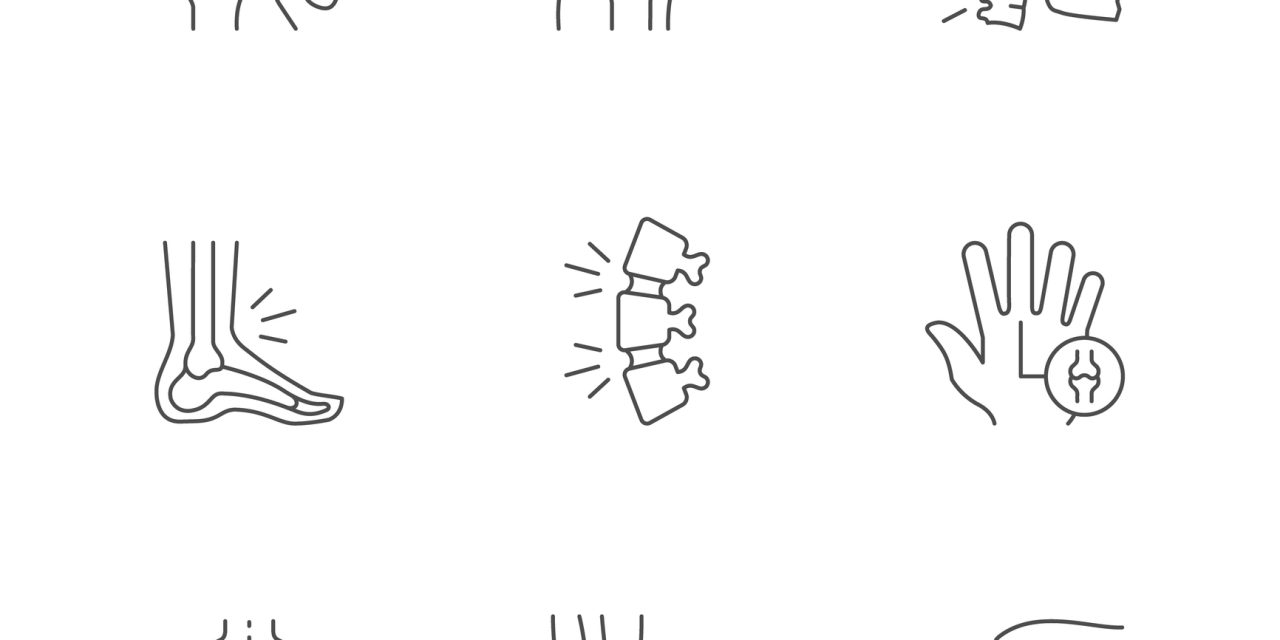The social and legal problems caused by substance use necessitate compulsory treatment. Individuals with substance use disorder who also have attention deficit and hyperactivity disorder (ADHD) are more frequently prone to crime and more severe substance use. The aim of this study was to investigate the effect of ADHD on the treatment compliance.
One hundred one patients who applied to the Probation Erenköy Mental Health and Neurological Diseases Training and Research Hospital, and who were determined to participate in the probation addiction program (PAP), were included. The participants were evaluated with a sociodemographic form, the Addiction Profile Index (API), The Stages of Change Readiness and Treatment Eagerness Scale (SOCRATES), the Wender Utah Rating Scale, and the Adult Attention Deficit Hyperactivity Disorder Self-Report Scale (ASRS), before commencing the PAP. The diagnosis of ADHD was confirmed by interview. After the PAP was completed, participants were re-evaluated : It was determined that 67.3% of the participants had ADHD and 41.2% of the patients with ADHD were noncompliant in completing the program. There was no statistically significant relationship between ADHD and treatment compliance. The SOCRATES total values at the beginning of treatment were significantly higher in patients with ADHD. The API total scores were significantly higher in the ADHD group before and after the program. Severe craving and severity of addiction were important factors that increased treatment noncompliance.
ADHD is higher in the probation population and the severity of addiction is also higher, both before and after the program. Treatment motivation in patients with ADHD decreases toward the end of the program.
© Copyright 2021 authors.
The Effect of Attention Deficit and Hyperactivity Disorder on Treatment Compliance in Individuals Undergoing Probation Addiction Program Treatment.


